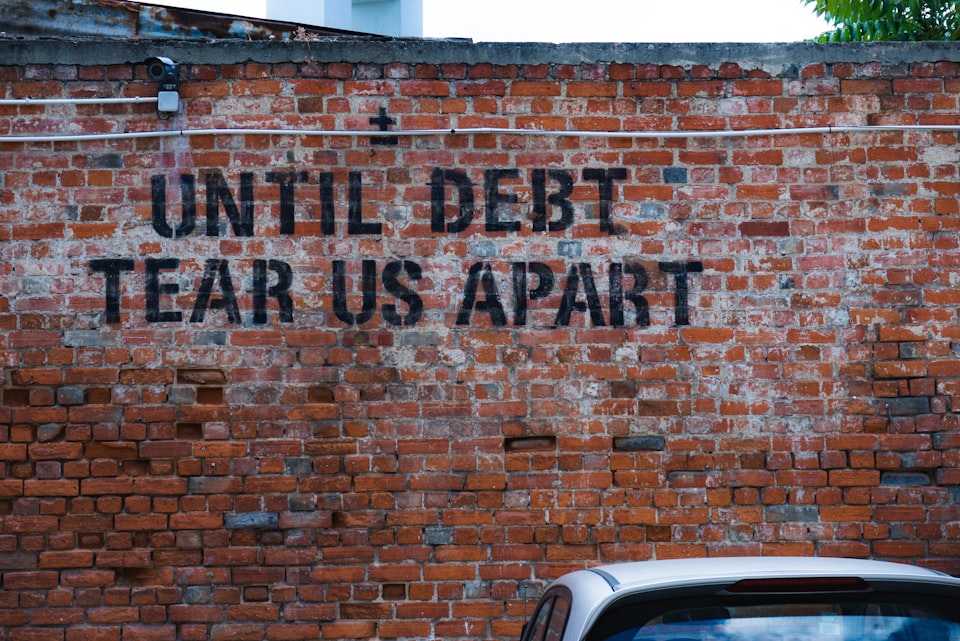Taking some of your money questions

Hello, grownups!
Buddies, I've had a week. Today, I'm going to keep it simple and answer some questions you've sent me about money things. I'll write you a lovely, thoughtful email next week, promise :)
Smooches!
Sam
--
Is there anywhere I can find a detailed description of how to use the Money Dashboard spreadsheet? I'm not entirely sure I understand how it all fits together.
For example: how do I update the various columns of the doc to be current every month? (e.g. the Monthly Spending page has a "3 month average" column, which averages the next three columns/months; but those next three columns don't seem to update every month, so it seems that your "3 month average" will always be the first three months). I would assume the yellow column (in Monthly Balance Sheet and Monthly Spending) is always "this month", but how do we update the spreadsheet to reflect this, going forward? And what are the steps we need to take every month (regarding the Dashboard specifically)?
I made you a full 30-minute video walkthrough, taking you through the money dashboard step-by-step. I hope that helps!
Could I please ask for your advice on 'Debt Review'? I've tried negotiating the debt payments down myself directly with the banks, but the debt review route seems to be the most viable. I've found a company who was recommended by the HR department at work, so I'm confident they're reputable. But is this a good idea?
Debt review is definitely a good option in some situations. It all comes down to the specifics of the deal: how much they're going to charge you, versus how much you think you can reduce the interest by negotiating directly with the creditors.
Since the lockdown happened, I've found that many debt providers are more willing to negotiate than normal (for example, many are offering payment holidays), because so many people are financially stressed. It might be worth trying one more phone call to the bank who you owe the most money to, before you go to debt review.
Ultimately, the general rule of thumb is that the faster you can pay the debt off, with the lowest interest rate, is how you save the most money overall, but of course, you have to balance that against your need to keep paying your other bills month to month!
I'd also suggest that you double-check whether any of these suggestions could help you, like checking to see if you have credit life insurance.
But if you do decide to commit to debt review, it's not a bad thing! For many people, it's the best way to claw yourself out of a debt hole. There are some cons: I think the biggest one is that it can be hard to exit debt review if your circumstances improve. But with the wider economy being in such a state, it's probably more important to protect against the worst case scenario than to worry about the best case scenario.
Here's a good article with some more info about debt review, which I suggest you read.
At my worst, I was more than R200k in debt (with a tiny income), and I know exactly how stressful it can be. One of the best things about going under debt review is that you stop getting those awful phone calls from debt collectors, which is a HUGE benefit for one's mental health! I'm beaming good wishes at you. It sounds like you're being thoughtful and doing your homework, which are the most important things to do. I wish you all the best.
One last thing, loves: if you missed it, last week I uploaded a live video q&a I did with the magnificent money-savvy actor Francis Chouler about how to manage money as a creative freelancer. You can watch it here.






Member discussion